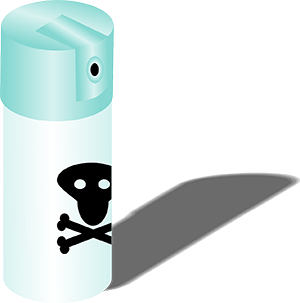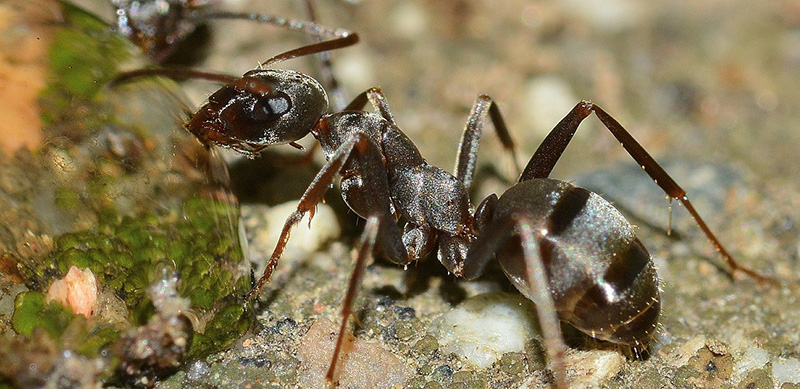Pesticide Myth’s & Facts!
Myth…
In the pest control industry, a common consumer misconception is that an exterminator is someone who haphazardly applies chemicals to kill insects and rodents for profit, with complete disregard for the safety of their clients and their belongings. Part of the reason for this drastic misconception is how the accredited dictionaries define the word pesticide. Here is the definition that dictionary.com uses:
 pesticide
pesticide
A chemical preparation for destroying plant, fungal, or animal pests.
Is this dictionary.com definition correct? Yes and no
Back to School Time…
The word pesticide is a compound word. The prefix is “pest”, which is an insect such as a bed bug,
carpet beetle or moth or a small animal like a mouse or a rat, which is either a nuisance to people,
causes harm to people or destroy property. The suffix “-cide” denotes a person or substance that kills.
-Cide…
The definition for the word homicide is the unlawful killing of one person by another. Wouldn’t it be silly to think that there are toxic chemicals involved in every homicide?
Fact…
As pest control professionals have learned through the going green movement, a pesticide does not necessarily have to be a chemical. There are green and organic pesticides such as peppermint & spearmint plant oils that are obviously not “chemicals”. Plant oil is a non-synthetic, all natural
chemical-free substance that has the ability to kill insects. Please note, just because plant oil is all natural does not mean that it is safe to apply anywhere and everywhere. Always read the product label for directions on how to apply the product responsibly.
Now that you have a better understanding of the word pesticide, it is worth noting that pesticides come in many different formulations besides oil, such as gel bait, powder, water-base, aerosol, granular, gas, foam, feed, etc.
One very popular all natural powdered insecticide is Diatomaceous Earth (often referred to as “DE”). DE is a talc-like powder that is the fossilized remains of marine phytoplankton. When sprinkled on a bug the fine powder absorbs lipids from the waxy outer layer of insects’ exoskeletons, causing them to dehydrate.
When contacting a pest control company, after they review your concerns and understand your situation, they will recommend the most responsible approach and pesticide formulation possible. For instance gel bait treatment would be highly recommended for cockroach control in homes with children, dogs, cats and other pets, because gel bait is like a toothpaste. Micro-bead’s of gel bait are carefully injected into cracks & crevices, completely out of the reach of children and pets and do not vaporize or become air bound.
For many years the pest control industry has been making great strides by providing the best level of education possible to pest management professionals, keeping everyone up to date on the most cutting edge techniques through Integrated pest management (IPM). IPM is an ecosystem-based strategy that focuses on long-term prevention of pests or their damage through a combination of techniques such as biological control, habitat manipulation, modification of cultural practices, and use of resistant varieties.
